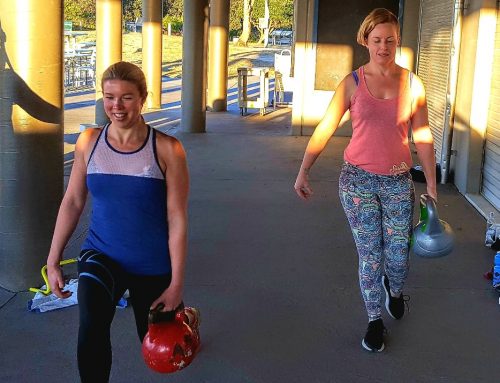I recently wrote about why weight or resistance training for children is safe… in the right environment
But why do they need to strength train?
I’m going to break this into two parts.
This article is aimed at the societal problem of inactivity in our kids.
Next I’ll chat about the kids that get plenty of exercise and why they still need to strength train.
We see plenty of stats about children’s health all the time.
Over 1 million Aussie children are overweight or obese.
About 25% of children between the ages of 5 and 15 get the recommended 60min of moderate to vigorous physical activity (MVPA) a day.
And its gets worse when we break it down into older sub groups.
18% of 12-17 year old engage in 60min of MVPA
And just 6% of 15-17year olds.
But what does it actually mean if your child doesn’t get enough exercise.
What are the consequences?
Mental wellbeing.
40% of children report feeling stressed or overly worried.
Prolonged stress in children can slow down brain development and physical growth.
Vigorous exercise stimulates the body to release important hormones which help lift children’s moods, relieve anxiety and help reduce the risk of developing depression.
Sleep
Not getting enough exercise can also affect sleep patterns with inactive children being more likely to have difficulty falling asleep. (And who doesn’t love a sleeping child right!)
School Performance
Exercise improves brain function, cognition and academic performance in children by increasing blood flow to the brain.
Lifelong health
Without regular exercise it’s much harder to maintain a healthy weight.
Overweight children are more likely to develop Type 2 diabetes, high blood pressure and heart disease.
Also by having a regular exercise habit as a child you are more likely to continue it on through adulthood.
From the above you can see that the most important thing is that your child gets enough exercise firstly.
Why would strength training benefit them?
It covers a number of bases for the under active child.
A child that isn’t overly active will often have poor movement patterns.
Resistance training not only enhances muscular strength but will improve motor skills, increase bone mineral density, improve cardiovascular risk factors and help weight control.
it can also help prepare the inactive child for the demands of more physical activity.
So get moving, but get strong at the same time.




